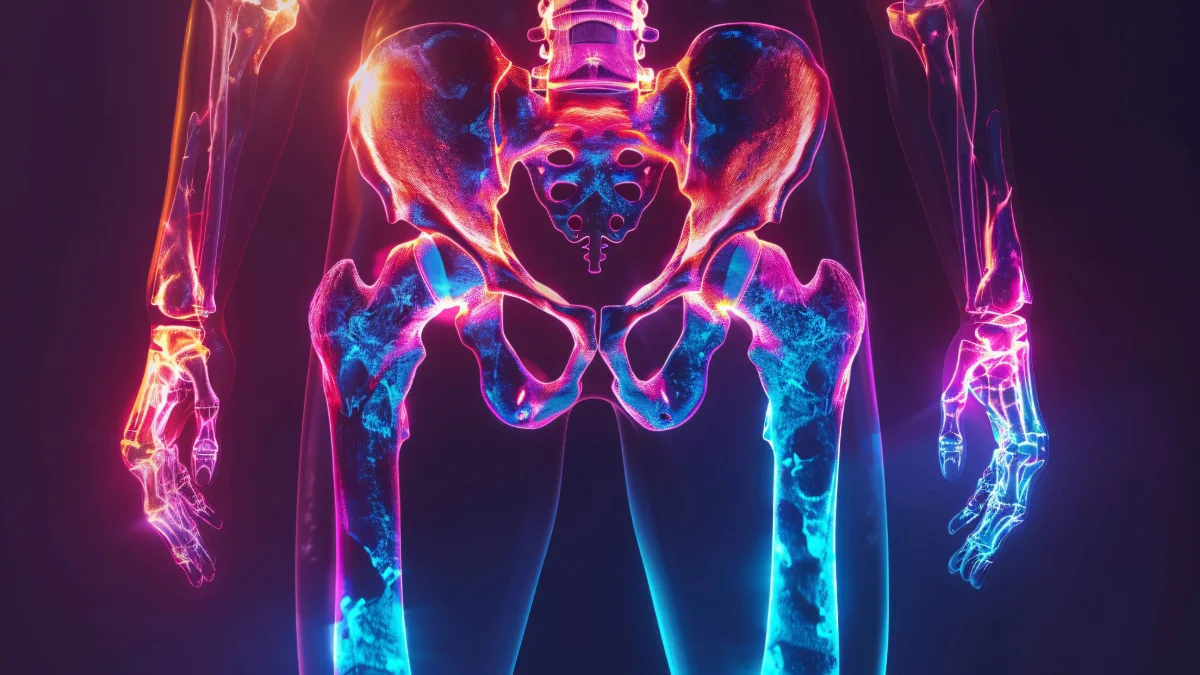Medical oncology in Turkey encompasses an approach to diagnosing, treating, and managing cancer through a network of highly specialized practitioners equipped with state-of-the-art facilities. In this field, medical oncologists provide pivotal care from initial diagnosis to advanced treatment modalities tailored specifically to each patient’s unique condition and needs.
What is Medical Oncology?
Cancer remains one of the gravest global health challenges, impacting numerous individuals and families. In Turkey, as elsewhere, medical oncology represents the medical discipline dedicated to understanding cancer in all its forms, while continually advancing treatment possibilities to improve patient outcomes. Medical oncologists in Turkey specialize in managing and diagnosing cancers, employing therapeutic interventions to address a multitude of cancer types, including but not limited to breast, lung, colon, prostate, and stomach cancers.
Which Diseases Does Medical Oncology Treat in Turkey?
Medical oncology’s scope extends across the diverse spectrum of cancers, providing targeted interventions aimed at curbing the progression of these diseases in Turkey. Prominent among treated conditions are:
- Breast Cancer: Medical oncologists manage all aspects of breast cancer care, from early detection to advanced treatment planning.
- Lung Cancer: Expertise in lung cancer treatment incorporates comprehensive strategies addressing early-stage and metastatic disease.
- Colon and Rectal Cancer. These cancers are treated through a combination of surgical and pharmacological strategies to prevent recurrence and progression.
- Prostate Cancer. Treatment includes hormone therapy, chemotherapy, and novel targeted therapies customized for each patient.
- Stomach Cancer. This requires complex treatment regimens, often involving surgical and non-surgical interventions.
- Lymphoma and Metastatic Cancers. Specialized care is provided for blood-related cancers and cancers that have spread beyond their original site.
Medication Therapy
The treatment of cancer integrates various medication therapies in Turkey, strategically selected based on individual patient profiles and cancer characteristics:
- Chemotherapy Medications. These drugs remain fundamental and aim to destroy rapidly dividing cancer cells.
- Targeted Medications. Designed to interfere with specific biological pathways critical for cancer cell growth and survival.
- Anti-Hormone Medications. Utilized primarily in hormone-sensitive cancers like breast and prostate cancer.
- Support Medications. These help manage side effects and improve patients’ quality of life during treatment.
- Immunotherapy Medications. empower the immune system to more effectively recognize and combat cancer cells, which is a key part of treatment in Turkish medical oncology.
Main Goal is to Destroy the Disease
In the early stages, medical oncology treatments in Turkey often aim to remove or reduce the cancer burden completely. This might involve chemotherapy to eliminate residual disease post-surgery, or as neoadjuvant therapy to shrink tumors before surgical intervention. Integration with radiotherapy is also common to enhance therapeutic outcomes. This comprehensive approach is central to medical oncology in Turkey.
Combination of Different Therapies
For advanced-stage or recurrent cancers, treatment typically involves a combination of chemotherapy and targeted therapies in order to maintain control over the disease and prolong patient survival. Additionally, a continual assessment may involve surgery to remove controlled residual tumours, further emphasizing a multidisciplinary approach within the framework of medical oncology in Turkey.
Personalized Treatment Plan
Major centres in Medical Oncology Clinics in Turkey meticulously orchestrate individualized treatment strategies, addressing a wide array of cancers, ranging from gastrointestinal and liver cancers to soft tissue sarcomas and brain tumours. Moreover, each case is deliberated within multidisciplinary Tumor Councils, ensuring coordinated care that leverages advancements in medical research and technology, while also aligning with the principles of medical oncology in Turkey.
Avicenna International Hospital Medical Oncology Clinic
Avicenna International Hospital is distinguished by its blend of cutting-edge technology and expert medical staff, ensuring the delivery of personalized, patient-centred care. In particular, the focus is on integrating innovation with comprehensive treatment frameworks that not only address but also respect the diversity of patient needs, thereby affirming its commitment to leading-edge medical oncology in Turkey.
An oncologist specializes in the treatment of cancer, while a medical oncologist specifically focuses on treating cancer using medication-based therapies rather than surgical or radiation methods.
No, medical oncology does not include surgery. It focuses on cancer treatment with chemotherapy, hormone therapy, and other non-surgical methods.
Medical oncology involves the treatment of cancer with drug-based therapies, while clinical oncology includes both medical treatments and the application of radiation therapy as part of the cancer care process.







